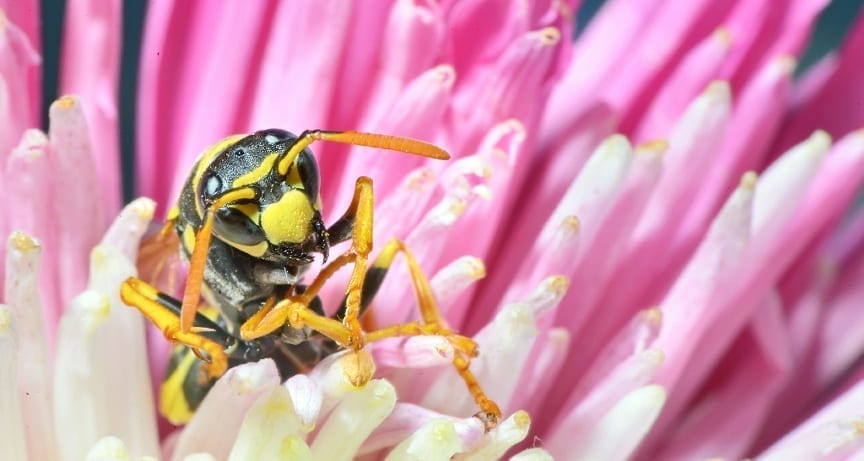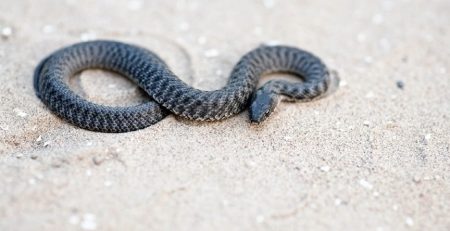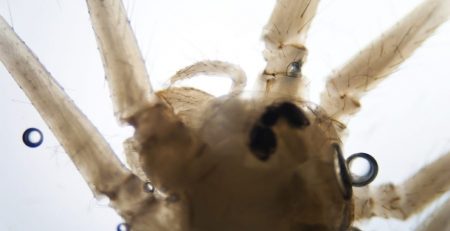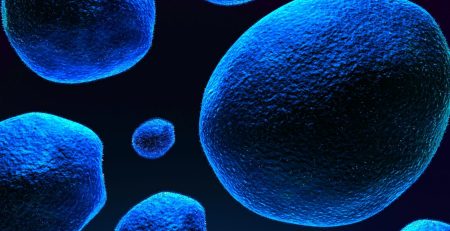Study Finds Wasp Venom Kills Cancer Cells
New research has revealed that the venom produced by the Brazilian social wasp to protect itself against predators has the ability to kill cancer cells without harming healthy ones. A study printed in Biophysical Journal details how the vemon’s toxin – MP1 – interacts with lipids that are adnormally distributed on the surface of cancer cells, and acts against microbial pathogens. Because these lipids are located outside of cancer cell membranes, this makes the tumors more susceptible to the wasp toxin, while in healthy cells the lipids are located on the inner membrane surface, which explains why healthy cells are left unharmed. When MP1 bind to the lipid, it disrupts the membrane, creating gaping holes that allow molecules crucial to the cancer cells’ function to leak out.
Researchers also found that the poison has been shown to inhibit the growth of prostate and bladder cancer cells, as well as multi-drug resistant leukemic cells.
“Cancer therapies that attack the lipid composition of the cell membrane would be an entirely new class of anticancer drugs,” says co-senior study author Paul Beales of the University of Leeds. “This could be useful in developing new combination therapies, where multiple drugs are used simultaneously to treat a cancer by attacking different parts of the cancer cells at the same time.”














